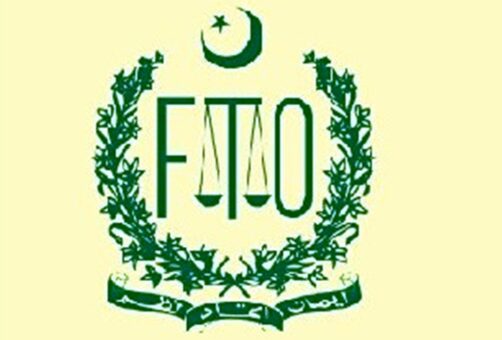In a notable move, the Federal Tax Ombudsman (FTO) has issued directives to the Federal Board of Revenue (FBR) to withdraw all writ petitions filed in high courts that contradict the orders previously issued by the President of Pakistan.
The FBR has been given a strict deadline of 15 days to comply with these instructions.
The decision came after it was observed that various field formations of the FBR continued to challenge the Ombudsman’s findings in higher courts, despite the existence of presidential directives aimed at resolving such disputes. This practice not only contravenes the instructions from the Cabinet Division but also the directives issued by the President’s Secretariat itself.
The FTO, in its communication to the FBR, emphasized the importance of adhering to the government’s policies and the legal precedents set by the President of Pakistan. The FTO noted, “Despite clear directions from the Government of Pakistan and the Cabinet Division, it has come to notice that various field officers of the FBR prefer to engage in litigation by filing writ petitions in the High Courts, which is a clear violation of established directives.”
The FBR is now required to act swiftly and instruct all relevant departments to fall in line with the directive. The orders from the FTO explicitly demand that all writ petitions filed post the issuance of the President’s orders should be withdrawn. This step is expected to enhance the implementation efficiency of the FTO’s findings and the President’s decisions on tax-related disputes.
The implications of these withdrawals could be significant, potentially leading to a reduction in unnecessary legal expenses and administrative burdens associated with prolonged court cases. Moreover, this could lead to a more streamlined dispute resolution process within the tax administration framework.
Legal experts suggest that this move by the FTO is a strong signal that oversight bodies like the Ombudsman are actively working to ensure that tax administration is not only transparent but also compliant with the highest orders of executive authority. This action is seen as a step towards reinforcing the authority of the President’s directives, ensuring that they are not undermined by subsequent legal challenges initiated by the tax authority itself.
Observers argue that this directive could also pave the way for a more harmonious relationship between the FBR and the FTO, with an aligned approach towards handling representations against the findings of the Ombudsman. It underscores the necessity for all segments of the government, including autonomous bodies like the FBR, to operate within the confines of executive decisions and legal frameworks established by the President and the Cabinet.
The FTO’s office has declared that it will closely monitor the compliance with its directive and expects the FBR to report back within the stipulated 15-day period. The response of the FBR to this directive and the subsequent impact on the handling of tax-related disputes will be critical to observe, as it could set a precedent for how bureaucratic challenges to executive decisions are handled in the future.
As the deadline approaches, all eyes will be on the FBR to see how effectively and swiftly it aligns its legal strategies with the directives issued by the FTO and the overarching mandates from the President of Pakistan.
